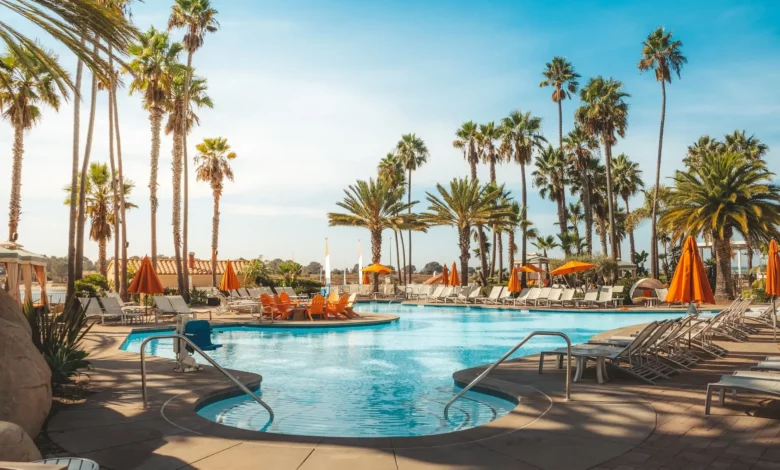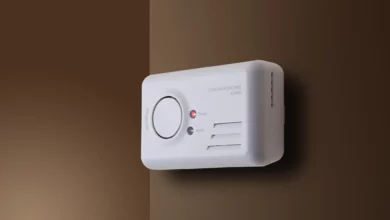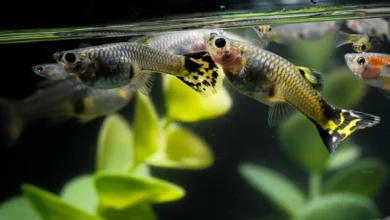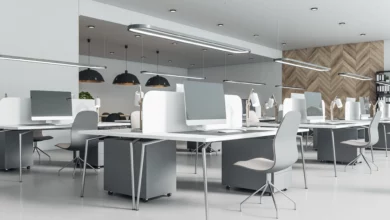The Different Types of Chemicals for an Above-Ground Pool

Do you love swimming as much as you love being outdoors? If so, an aboveground pool is the perfect addition to your back yard.
An aboveground pool is one of the easiest pools to set up and maintain. They come in many styles and shapes, allowing you to find the one that will best fit in your backyard.
Have you been searching for the perfect corner to build your relaxing oasis? If so, read on to learn about the different chemicals for an above ground pool.
Chlorine or Bromine
Aboveground pools rely on two chemicals- chlorine and bromine- to keep them clean. Chlorine is the most popular and widely used chemical for maintaining the water in aboveground pools. It effectively kills bacteria and sanitation, and manages pH levels.
Chlorine is not expensive and easy to use, however it does require regular application and maintenance. Bromine is another chemical used to maintain aboveground pools. It has a longer lasting activity in the water than chlorine and is a good option for those who don’t want to constantly monitor and measure chlorine levels.
Bromine is more expensive than chlorine, but it does have the benefit of being easier to work with in warmer temperatures, which can affect chlorine levels. Both chlorine and bromine are important in keeping an aboveground pool clean and safe to swim in.
pH Reducers & Increasers
There are many types of pH reducers and increasers for above ground pools. pH reducers use chemicals such as sodium bisulfate, muriatic acid and potassium bisulfate to decrease the pH levels.
These chemicals are added to the water to bring the alkalinity and pH levels into balance. On the other hand, pH increasers use sodium carbonate or baking soda to increase pH levels in the water.
These chemicals are designed to raise the pH levels, while also helping to buffer alkalinity. They also help to reduce the amount of maintenance needed for pool water. All of these chemicals are used to help maintain proper pH levels in order to keep pool water clean and free of harmful contaminants. The exact chemicals needed depend on the exact conditions of an individual pool.
Total Alkalinity Reducers & Increasers
Total Alkalinity Reducers and Increasers are chemicals used to regulate the Total Alkalinity of an above-ground pool. Total Alkalinity is an important measurement within the pool’s water chemistry that ensures proper water treatment and pH balance.
Total Alkalinity Reducers, such as Sodium Thiosulfate and Sodium Bisulfate, lower the Total Alkalinity levels, while Total Alkalinity Increasers, like Sodium Bicarbonate, bring it back up.
These products come in either granular or liquid form and can be added directly to the swimming pool for immediate results. To maintain the water’s Total Alkalinity, regularly testing and adjusting the pool’s water chemistry with Total Alkalinity Reducers and Increasers is a must.
Calcium Hardness Increasers
Calcium Hardness Increasers are an important type of chemical used for maintaining proper chemical balance in above ground swimming pools. Without proper levels of calcium hardness, the water in a swimming pool can become saturated with too much chlorine.
This can cause skin irritation and premature wear on pool surfaces. Calcium Hardness Increasers help to adjust the total dissolved solids (TDS) present in your pool, and thus regulate the amount of chlorine and other chemicals used.
Popular products include calcium chloride, sodium carbonate, and soda ash. When added as directed, these chemicals make it easier for chlorine to keep the water clean and safe for swimming. Calcium Hardness Increasers also help to prevent staining, scaling, and discoloration of pool surfaces due to hard mineral deposits.
Cyanuric Acid
Cyanuric acid, also known as stabilizer, is a chemical used in above ground pools that helps to protect the chlorine from being broken down by the sun’s ultraviolet rays. It is important to use an appropriate amount of cyanuric acid as too little or too much can lead to pool problems.
This type of acid is available in either liquid or granular forms, though granular is typically more common. Liquid must be added slowly and stirred into the water in order for it to be evenly distributed.
Granular acid can also be added directly to the water but should be pre-dissolved first in a bucket and then added to the pool. Both liquid and granular cyanuric acid should be tested for accuracy with a test kit. Proper levels of this chemical will help to keep a pool clean and swimmers safe from harsh chemicals.
Algaecide
Algaecide is a type of chemical used as a preventative measure to ensure the growth of algae is prevented in an above ground pool. There are a number of types of chemical algaecides that can be used, with each type serving a specific purpose and offering different levels of protection.
Quaternary amonium compounds are typically used as algaecides and provide protection up to several months at a time. Copper-based algaecides offer a higher level of protection, although they can sometimes stain concrete or vinyl pools.
An alternative to chemical algaecides is a natural algaecide, such as an extract from a specific species of algae that can act as a natural inhibitor to block growth of the same species.
Finally, clarifier algaecide is a combination between a clarifier and algaecide, and is mainly used in conjunction with other products to ensure optimal pool water balance is maintained and algae growth is prevented.
Dosing Equipment
Above-ground pool dosing equipment is used to ensure proper levels of chemicals in a pool. Dosing equipment is a simple to use system that can help a pool owner administer the correct amount of chemicals for optimal pool water health.
The system is user friendly and typically requires minimal maintenance. With proper care, dosing equipment can help pool owners maintain a healthy and happy pool. Be sure to look for pool leak detection experts to know which chemical is the right one for you.
All About Chemicals for an Above Ground Pool
Chemicals for an above ground pool vary depending on the size and preferences. From chemical tablets to chlorine to pH balancers, the variety is vast. The process of keeping your pool clean can be daunting but overall not a difficult task.
Consult a professional to determine the best chemicals for your needs. Get started on your pool maintenance today!
If you want to explore the best topics, we’ve got you covered. Check out some of our other blogs today!




